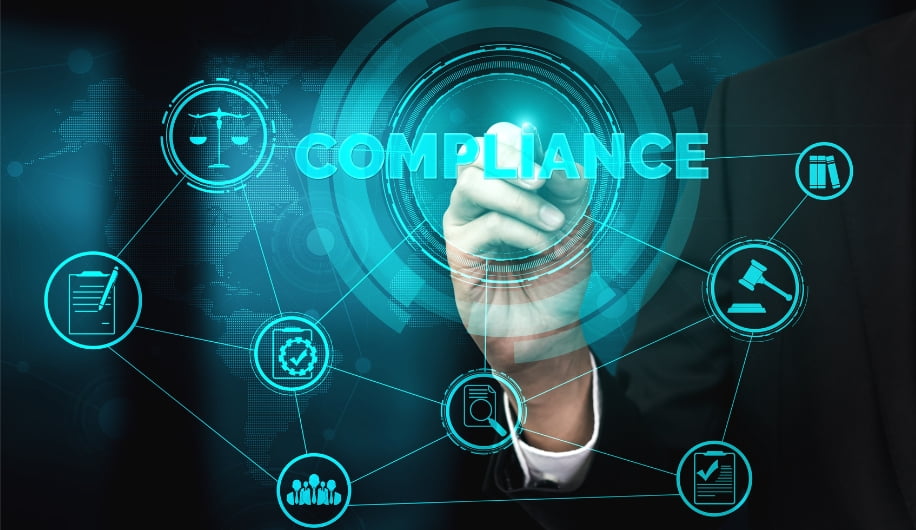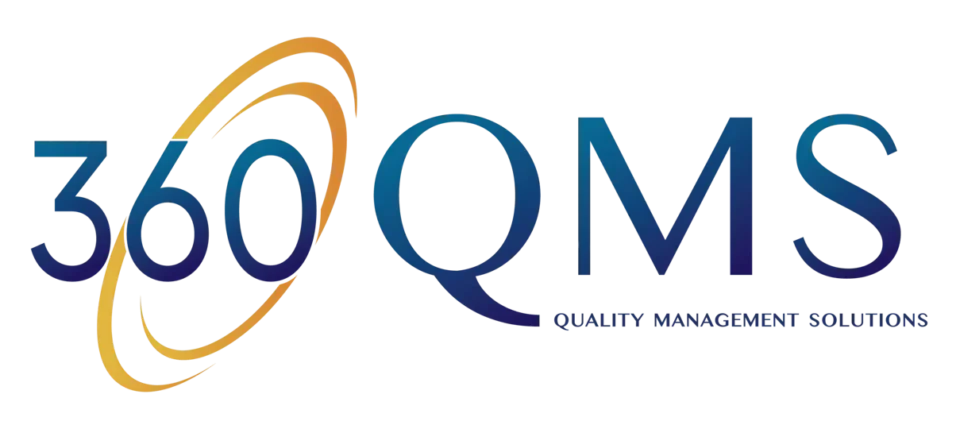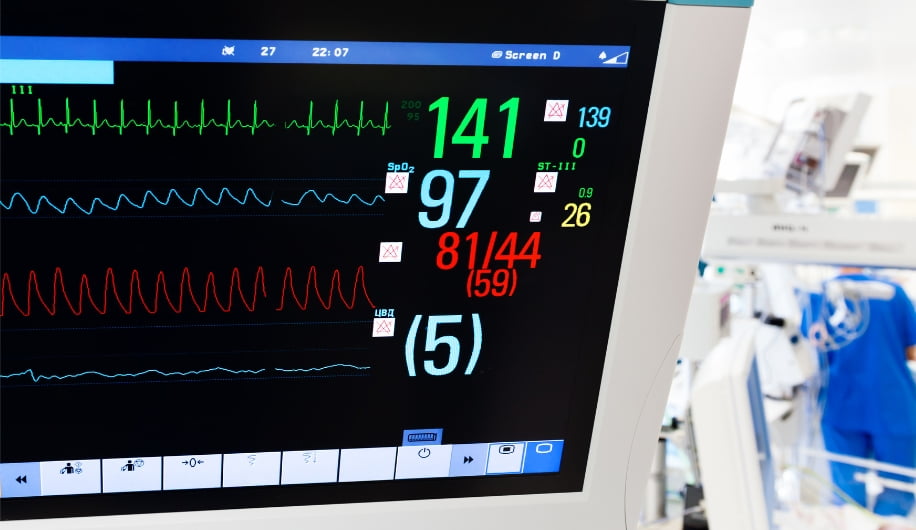ISO 13485
The Management System framework for the Medical Device and Supporting Service Industries.
ISO 13485:2016 is the internationally recognized standard for quality management systems in the medical device industry.

Quality Management in the Medical Device Industry
The standard is designed for organisations that are involved in one or more of the stages of the product life cycle, from design and development to production, installation, storage, servicing and sales of medical devices. It also applies to suppliers of external parties that provide products such as raw materials or services.
The primary objective of ISO 13485 is to facilitate a framework of harmonised medical device regulatory requirements for quality management systems. This regulatory framework specifies the need for the organisation to identify and comply with requirements that also includes meeting regulatory requirements as defined by each country, industry or discipline.
Regulatory requirements are often more specific than the prescripts of the ISO 13485 standard, particularly in the areas of complaint handling, labelling control etc. and must be included in the structure of the quality management system to provide evidence of compliance.
ISO 13485 is a standalone standard that is largely based on the business orientated structure of ISO 9001, with the additional focus on some specific requirements relating to medical devices such as product and process orientated risk analysis, sterile manufacturing and traceability.
ISO 13485 Certification does not indicate conformity to ISO 9001.
SAHPRA Requirements
SAHPRA has published the regulatory requirements and recommendations to register for the licence to manufacture, import, export or distribute Class B, Class C and Class D medical devices & IVDs.
The requirements speak to the implementation of a quality management system in line with the requirements of the ISO 13485 standard with some prescribed additional controls such as complaint handling, recall controls etc.
The registration requirements also call for detailed product registration protocols to be followed.
360 QMS can assist with the implementation of an ISO 13485 Quality Management System that also addresses the SAHPRA Licensing requirements. 360 QMS does however not provide product registration services, but can assist in recommending qualified third party consultants to assist.
DEFINE YOUR BUSINESS GOALS
Identify interested parties and issues impacting the business. Then establish the core business processes and operational risks that must be managed. Work with you to establish quality objectives and ensure they are measurable, achievable, and aligned with your business strategy.
DESIGN YOUR QMS
Document the controls and steps that must be followed to ensure consistent product/service delivery. Develop a customised QMS system that meets specific goals and needs, while ensuring maximum efficiency and effectiveness.
IMPLEMENT, TRACK, AND EVALUATE
It's important to implement the documented QMS in the workplace and evaluate its effectiveness regularly. This involves training employees, monitoring performance, and continuously adjusting the QMS based on feedback and results.
INTERNAL AUDIT AND MANAGEMENT REVIEW
Conduct an internal audit to ensure the QMS is being followed and is effective. Following this, a management review should be carried out to evaluate the performance of the QMS and identify areas for improvement. This step is critical in preparing for the external certification audit.
CERTIFICATION AUDIT
Finally, you will undergo an external audit by a certified ISO 13485 body. This will validate their compliance with the standard. Upon successful completion, you will receive your ISO 13485 certification. Remember, achieving certification is not the end but the beginning of a journey towards continuous improvement.
SAHPRA Licensing Quality Manual
360 QMS Can assist with the compilation of the ISO 13485 Quality Manual that is required for submission to SAHPRA with your licence application. The manual will be compiled in accordance with the SAHPRA requirements and with consideration given to the effective long-term implementation of an ISO 13485 certified system management. This will avoid the need to redo the manual when the organisation implements a management system and progress to certification.



